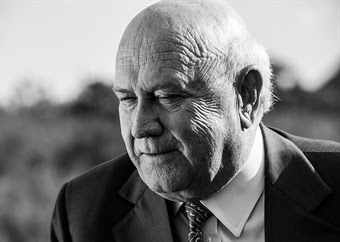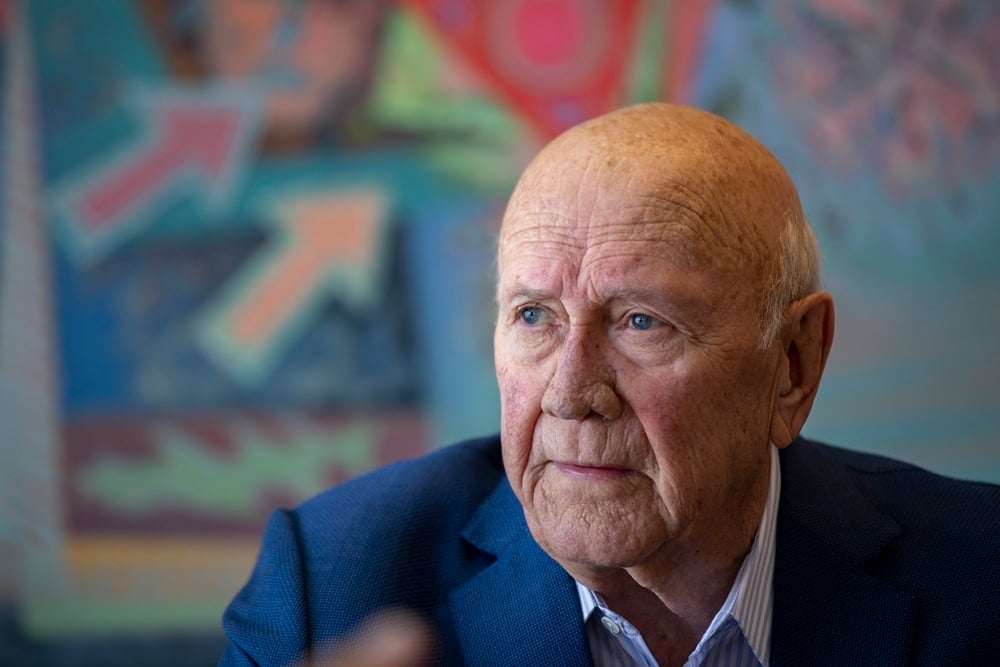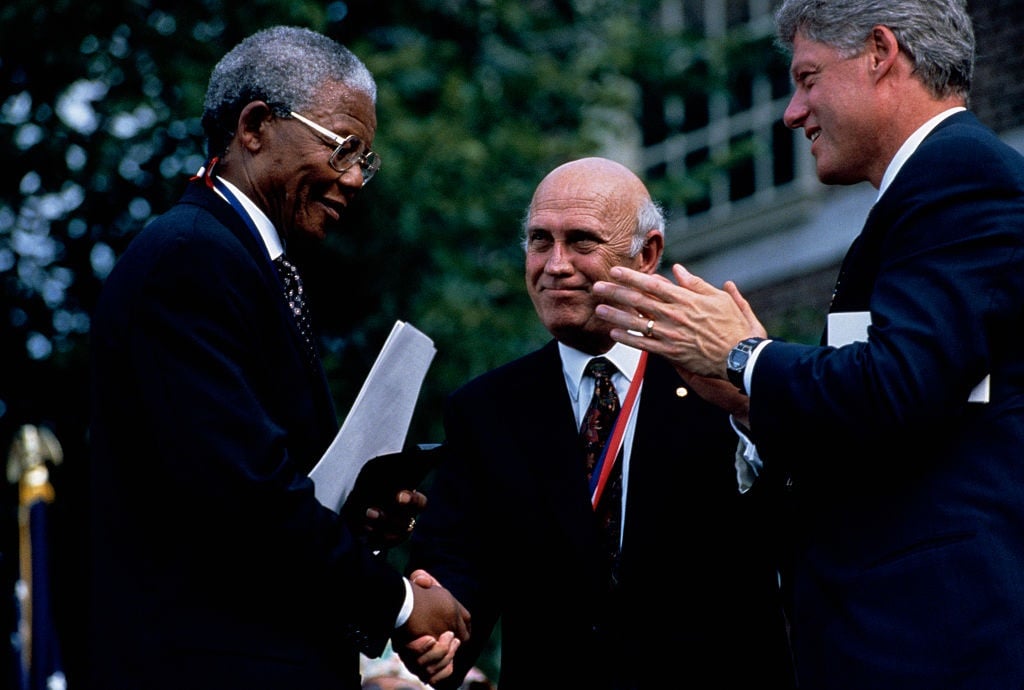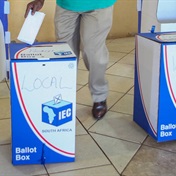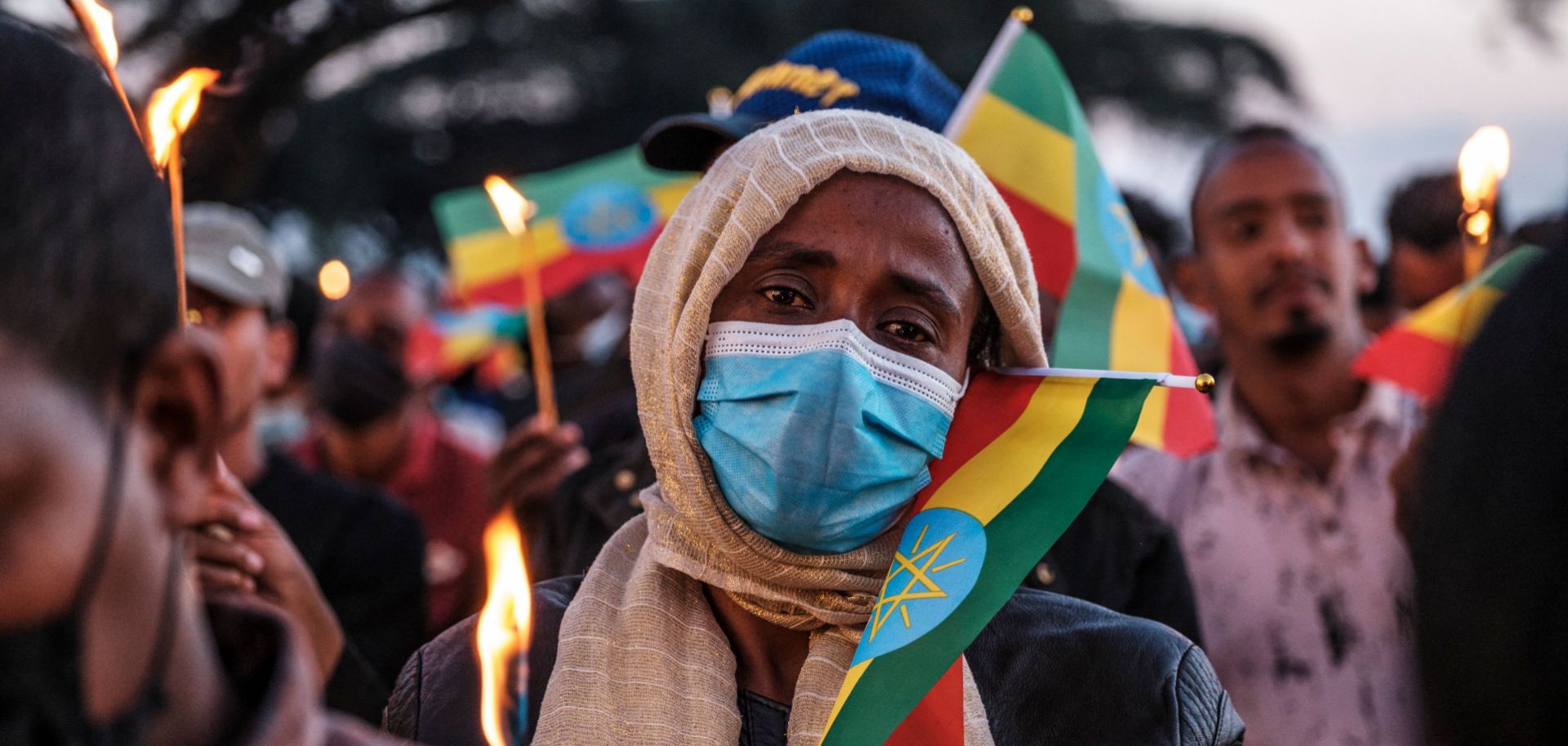Punching Above Its Weight
ERITREA

The US government recently imposed sanctions on Eritrea’s sole political party and military forces to punish the East African country’s role in the bloody civil war in neighboring Ethiopia.
For the past year, Eritrea has been helping Ethiopia combat a rebellion in the country’s northern Tigray region. Eritrean troops have been looting, murdering and sexually assaulting civilians and preventing humanitarian aid from entering the warzone, CNN reported.
Despite Eritrea’s help, the fight has not been going well for Ethiopia, where Prime Minister Abiy Ahmed recently declared a state of emergency after the main rebel force, the Tigray People’s Liberation Front, drew dangerously close to the capital of Addis Ababa. As National Public Radio explained, Ahmed has recalled retired soldiers to duty and asked civilians to acquire whatever weapons they can in order to mount a defense of the city. He also declared this week he would lead troops on the frontlines, because he was willing to make the ultimate sacrifice, CNN noted.
Ahmed, incidentally, won a Nobel Peace Prize for reaching a peace accord between his country and Eritrea two years ago.
Regardless, Eritrea called the US sanctions “illicit and immoral,” according to Voice of America. Reports suggest that the country’s motivations for joining the fight are less than pure, however.
Eritrean soldiers might be in Ethiopia, for example, in order to crackdown on around 20,000 Eritrean refugees who fled the country and settled in the Tigray region in Ethiopia over the past 20 years. The refugees were fleeing “military service, torture, and prison in one of Africa’s most repressive states,” Reuters wrote.
Journalists in Eritrea, for example, face an incredibly dangerous climate, argued Amnesty International. Twenty years ago, Eritrean President Isaias Afwerki shut down all private media after one outlet published a public letter signed by his own government officials calling for democratic reforms, Time magazine added.
Samuel Ghebhrehiwet, an Eritrean journalist who was among those who fought against Ethiopia 30 years ago when Eritrea was seeking independence from Ethiopia, wrote about his intense disappointment with his country’s civil rights record. He fought for his people’s freedom, he said, but they have yet to achieve it.
Meanwhile, a London School of Economics blog post portrayed Afwerki, who helped win his country’s independence, as transforming from a “heroic liberator” 30 years ago to an “iron-fisted saboteur” of democracy today.
The US has imposed sanctions on Eritrea before in a bid to compel the country to withdraw troops from another neighbor, Djibouti. But, as the Washington Post editorial board noted, they did not achieve much.
That said, a gesture in the face of such tragedy is better than nothing.





